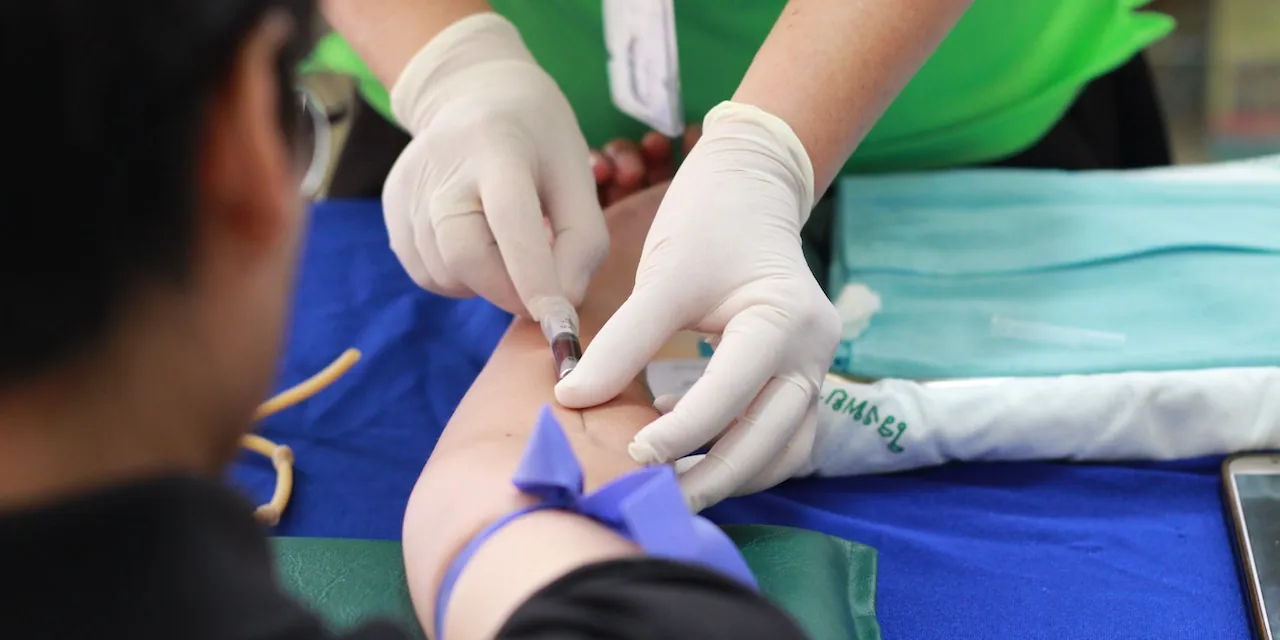
Phase 3 Studies of Pfizer’s Novel Antibiotic Combination Offer New Treatment Hope for Patients with Multidrug-Resistant Infections and Limited Treatment Options
Pfizer Inc. (NYSE: PFE) today announced positive results from the Phase 3 program comprising the REVISIT (NCT03329092) and ASSEMBLE (NCT03580044) studies evaluating the efficacy, safety, and tolerability of the novel investigational antibiotic combination aztreonam-avibactam (ATM-AVI) in treating serious bacterial infections due to Gram-negative bacteria, including metallo-β-lactamase (MBL)-producing multidrug-resistant pathogens for which there are limited or no treatment options. Data support that ATM-AVI is effective and well-tolerated, with no new safety findings and a similar safety profile to aztreonam alone.
“We believe these data demonstrate that ATM-AVI, if approved, could be an important treatment option for patients with life-threatening bacterial infections that are resistant to almost all currently available antibiotics,” said James Rusnak, Senior Vice President and Chief Development Officer, Internal Medicine, Anti-Infectives and Hospital, Pfizer. “We are committed to meeting this critical need and helping to address the global health threat of antimicrobial resistance.
These results are further supported by the ASSEMBLE study, which found that 5/12 (41.7%) of the ATM-AVI ± MTZ patients with infections due to confirmed MBL-producing Gram-negative bacteria were cured at TOC versus 0/3 (0%) of those on best available therapy (BAT). ATM-AVI patients experienced TEAEs that were in line with those of aztreonam alone. No patient treated with ATM-AVI experienced a treatment-related SAE.
Antimicrobial resistance (AMR), particularly in Gram-negative bacteria, is widely recognized as one of the biggest threats to global health and developing new treatments for infections caused by these bacteria has been highlighted as a critical area of need by the World Health Organization (WHO).1 An estimated 1.27 million deaths globally were caused by bacterial AMR in 2019 alone.2 Without solutions, a continued rise of AMR could make routine medical procedures too risky to perform.3
“These clinical findings show that ATM-AVI, if approved, could help provide coverage against Gram-negative bacteria without compromising on efficacy or safety,” said Yehuda Carmeli, Head, National Institute for Antibiotic Resistance and Infection Control, Tel Aviv Medical Center, Tel Aviv, Israel. “These data are particularly promising given the complexities of managing cIAI and HAP/VAP infections in these hospitalized, critically ill patients, and the challenges of real-world patient recruitment within this population.”
Full results from the studies will be submitted for scientific publication. Data from the REVISIT and ASSEMBLE studies are expected to form the basis for planned regulatory filings in the European Union, United Kingdom, China, and the U.S. in the second half of 2023. Pfizer holds the global rights to commercialize ATM-AVI outside of the U.S. and Canada, where the rights are held by its development partner AbbVie.
Source link:https://www.pfizer.com/





